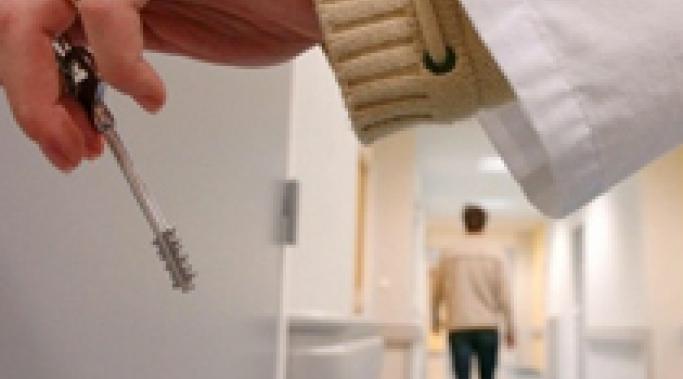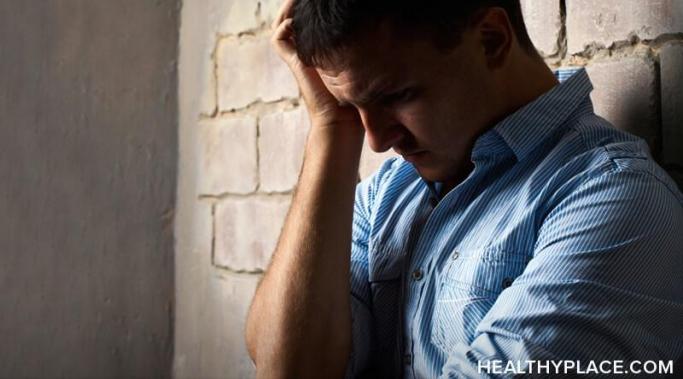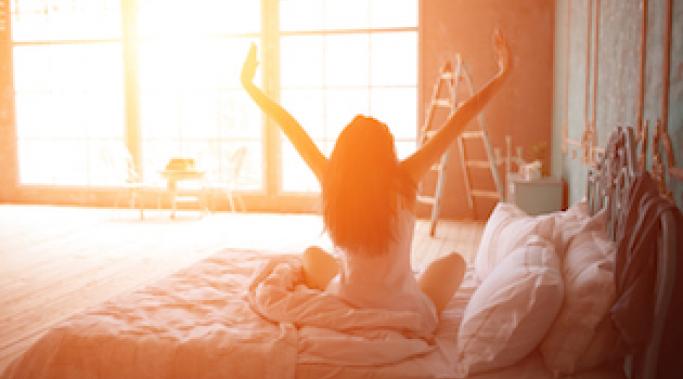Blogs
Coping with depression challenges my self-control in a unique way. I have excellent self-control when I’m having a good brain day; by which I mean when my day is bright and my mind feels light and unburdened. I practice self-care even if I don’t want to and I do what I need to do without complaint. But when I’m having bad brain days and my depression is at its most extreme, my self-control disappears. I make excuses to let myself off the hook for not practicing self-care by not using self-control to properly cope with my depression.
This year, I invite bipolar moms to join me in resolving to meet our own needs in 2017. Instead of focusing on our faults this January, we can instead look past those faults to see the needs they represent. And instead of berating ourselves over that need, discrepancy, or flaw, I want to make 2017 the year we find a way to meet our needs and live healthier lives (Taking Care of Myself is the Best Way to Care for My Family).
Art can be an important coping tool in your eating disorder recovery. Eating disorders thrive on rigidity. They tell us what to eat, what not to eat, how much to run, when we’ll starve, purge, or hide away from the world. Eating disorders are built on control and structure (Anorexia: A New Form of Control). Art can be flexible and fluid. Art can be wild, spacious, and free. Art can be what we want it to be. This is why art as a coping tool in eating disorder recovery is even more important to have on our side.
Hi, my name is Tia Hollowood, and I am pleased to be joining the HealthyPlace blogging community as a writer for Trauma! A PTSD Blog. My trauma started early on in life, but now I can say I’m in PTSD (posttraumatic stress disorder) recovery and I believe that sharing our experiences can help us all (Telling Your Trauma Story: Why You Really Should).
There is a lack of connection between people in spite of the fact that unity over division can lead to a blissful life. There is a pervasive mentality of “us” versus “them.” Despite the fact that we know social connection makes us happier, we tend to dehumanize others. We pit ourselves against those who are different from us, acting apathetic at best and cruel at worst. I'm sure I don’t need to tell you that indifference and cruelty are not traits that will help you live a blissful life. In fact, they may actually prevent it. To break down the walls we erect that keep us separate, we need to learn how to humanize others and foster unity over division to live blissfully.
There are many myths about involuntary treatment for mental illness (The Realities of Involuntary Treatment). Involuntary treatment is extremely controversial, and that's an understatement along the lines of saying, "The Arctic is kind of chilly." Part of the reason it's so controversial is because we rarely do it for other illnesses. We prefer to let people "die with their rights." While I'm hesitant to recommend involuntary treatment become standard operating procedure, I can discuss three myths about involuntary treatment.
Anxiety can affect our safety at work. Usually, when we think of anxiety, we don't think about how it affects our safety. Sure, we know about many of the physical symptoms of anxiety (dizziness, racing heart, tight chest, etc.). But what about our reactions to these symptoms? How do they affect how we treat others and ourselves? What are the consequences? How does anxiety affect our safety at work and what can we do about it?
It’s a natural thing to make comparisons, but when we compare mental illnesses, it can lead to stigma when you start using it, whether consciously or unconsciously, to figure out who’s sicker. While it’s very likely not intentional, when we, as people with mental illnesses, start keeping score, so to speak, we’re doing more damage than good. We end up seeing both kinds of stigma — stigma against others and self-stigma — as a result of comparing mental illnesses.
There are many components to binge eating disorder recovery. In spite of this, often times, individuals with eating disorders are told to "just eat" or to "just stop eating," depending on which eating disorder they are suffering from (How To Talk To Someone About Their Eating Disorder). Recovery is much more complex than only fixing our behaviors with food. Eating disorders are both a mental and physical disease which require many different treatment components for binge eating disorder recovery.
Many of us living with bipolar disorder struggle to sleep well. The fluctuations in energy level and mood can make it feel nearly impossible to maintain healthy sleeping patterns (Bipolar Disorder and Sleep Problems). Making small adjustments to your nighttime routine can help you sleep well with bipolar disorder and decrease your chances of manic episodes.









